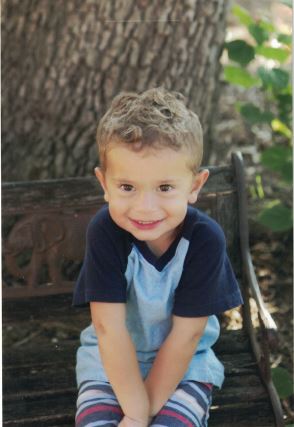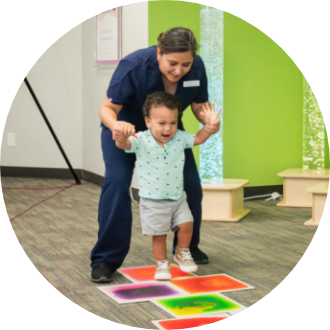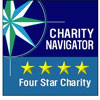Pediatric Therapy
Services (0-3)
Home-Based ECI Therapy Services
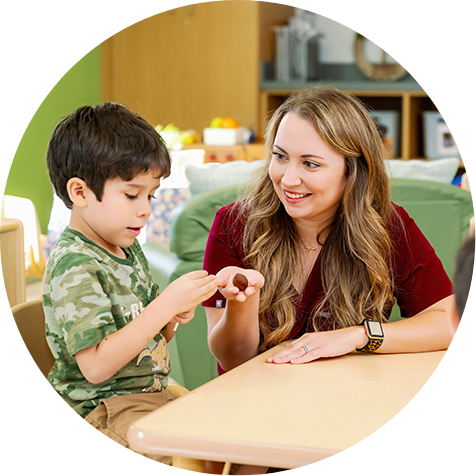
At Brighton,
We’re here for the kids.
Brighton Center is an approved contractor with the State of Texas to provide Early Childhood Intervention (ECI) services. Our fully licensed Therapists and Early Intervention Specialists (EIS) provide speech, occupational, and physical therapy as well as specialized skills training and case management to nearly 4,000 children across Bexar County every year.

What Makes Brighton’s Therapy Services Different?
Brighton, a non-profit organization in Bexar County, provides educational and developmental support to children experiencing developmental delays or disabilities. As an ECI provider through the State of Texas, Brighton’s team of highly skilled and licensed therapy and early childhood developmental professionals provides a holistic and family-centered approach to development. Through Brighton’s Pediatric Therapy Services, you can be assured that your child and family will receive the needed resources, support, and guidance!

A Family Centered Approach
Brighton knows that parents are natural teachers and understand their children best. That is why Brighton’s ECI staff involve parents and/or caregivers in every aspect of intervention and therapy and teach them how to play an active role in their child’s development.
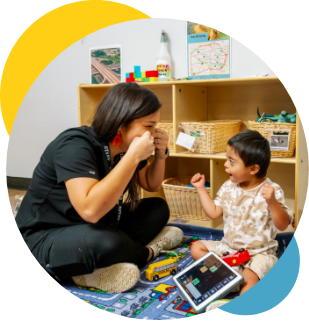
Our Early Intervention Specialists (EIS)
Every child enrolled in Brighton’s Therapy Services is assigned an Early Intervention Specialist (EIS) who will coordinate all therapy services, work with the child’s doctors, and connect the family with additional resources in the community based on their individual needs.
LEARN MORE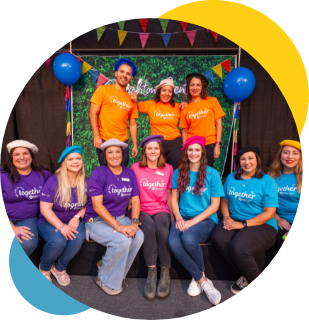
Here, Helping Children is a Team Effort
Our mission is to ensure every child reaches their full potential, and our mission is only made possible through the enormous trust given by families. Helping children grow is a team effort, and effective teams are built on a foundation of trust. So come meet your team, and remember we’re here for children and their families.
MEET THE TEAM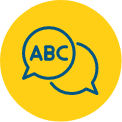
Speech, Language & Feeding Therapy Services
Brighton’s licensed Speech-Language Pathologists (SLPs) provide home-based therapy and work with children experiencing difficulties with feeding, pronouncing words, or expressing and understanding language.

Occupational Therapy Services
Brighton’s licensed Occupational Therapists (OTs) help children reach or develop age-appropriate skills to participate in everyday activities. By addressing sensory processing, balance/mobility, and muscle functioning, OTs help children play, eat, sleep, dress, explore, learn, and socialize effectively.

Physical Therapy Services
Brighton’s licensed Physical Therapists (PTs) provide home-based therapy to children experiencing delays in gross motor skills by developing their range of motion, flexibility, strength, posture, gait, balance, and coordination.

Specialized Skills Training (SST)
Brighton’s Early Intervention Specialists (EISs) provide specialized skills training (SST) to support children’s cognitive, behavioral, and social development. Parents are also provided support on how to use these skills in daily activities to help their children reach developmental goals.
Other Available Services

Brighton Center’s Early Intervention Specialists help families access and receive services, resources and support they need to support their child’s development. The support can include helping the child and family transition to special education services or other options as appropriate for children exiting Early Childhood Intervention at age 3. ECI provides comprehensive case management for all members of the child’s family as their needs relate to the child’s growth and development.
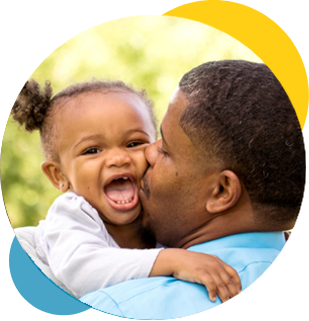
Brighton Center ECI Specialists are trained in Early Autism Intervention strategies through the Pathways Parent Training Program. This program has proven effective for developing the early social communication skills of social engagement and verbal reciprocity in toddlers.

Early Childhood Intervention services can be provided via telehealth using technology like a tablet or telephone. It is a safe, convenient, and effective way to receive critical therapy and ECI services when the therapist and child cannot meet.
LEARN MOREFrequently Asked Questions
Developmental Checklist for Children
- Follows moving toys or faces with their eyes
- Startled at loud or new sounds
- Wiggles and kicks with legs and arms
- Lifts head and shoulders while on stomach
- Smiles back at parents or other family members
- Makes sounds, like gurgling, cooing or sucking
*Developmental milestones for premature babies are often somewhere between their adjusted age and their actual age. Adjust for your baby’s age by comparing the difference between their due date and actual birth date. Most pediatricians and pediatric therapists adjust until 18 -24 months.
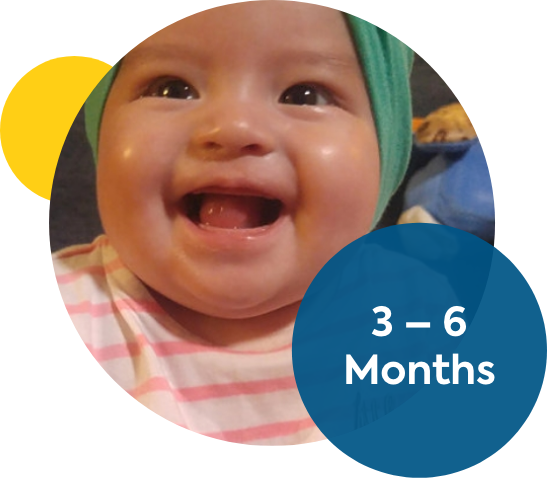
- Explores toys with hands and mouth
- Rolls over front-to-back and back-to-front
- Squeals and babbles different sounds
- Sits by leaning on their hands
- Turns their heads to voices and responds to their names
- Knows family members and seeks their attention
- Enjoys playing “peek-a-boo”
*Developmental milestones for premature babies are often somewhere between their adjusted age and their actual age. Adjust for your baby’s age by comparing the difference between their due date and actual birth date. Most pediatricians and pediatric therapists adjust until 18 -24 months.
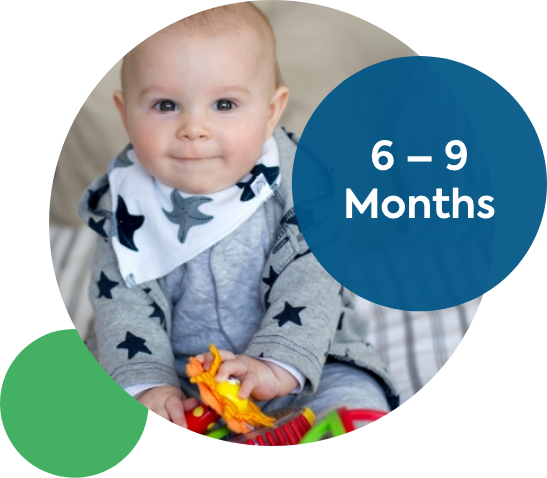
- Copies hand movements like “patty cake,” or “bye-bye”
- Picks up crumbs or other small things with their thumb and finger
- Moves toys from one hand to the other hand
- Crawls on hands and knees
- Sits without help
- Repeats sounds like “baba”, “dada” and “mama”
- Cries when mother or father leaves
*Developmental milestones for premature babies are often somewhere between their adjusted age and their actual age. Adjust for your baby’s age by comparing the difference between their due date and actual birth date. Most pediatricians and pediatric therapists adjust until 18 -24 months.
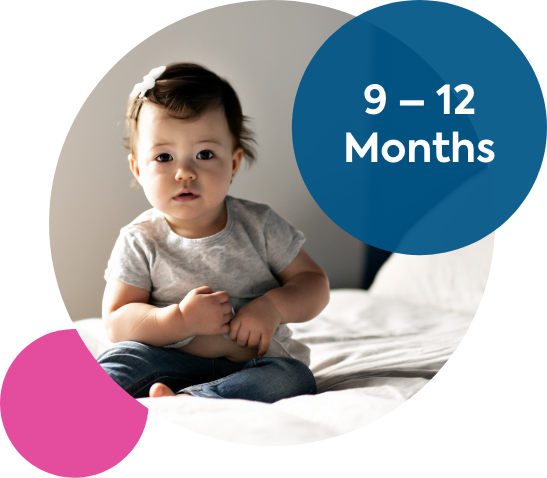
- Pulls themselves up to a standing position
- Walks by holding onto furniture
- Drinks from a cup with your help
- Waves bye-bye
- Says “mama” and “dada” and one other word
- Points to objects they want
- Can find a toy hidden under a cloth
*Developmental milestones for premature babies are often somewhere between their adjusted age and their actual age. Adjust for your baby’s age by comparing the difference between their due date and actual birth date. Most pediatricians and pediatric therapists adjust until 18 -24 months.
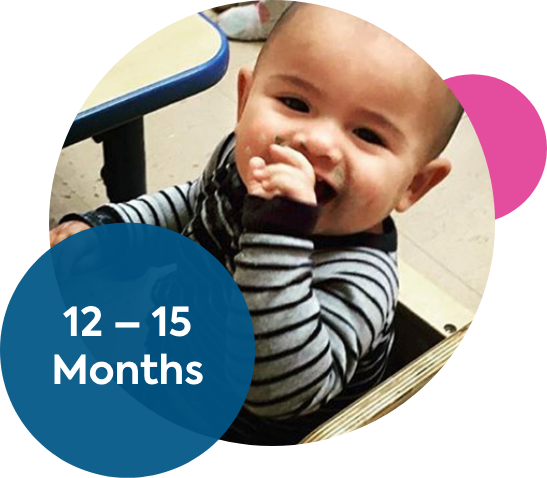
- Uses at least three words besides “mama” and “dada”
- Likes to look at pictures in a book
- Holds a crayon in a fist
- Hands toys to you when asked
- Points to pictures or objects you name
- Walks without help
- Dumps contents out of a box
*Developmental milestones for premature babies are often somewhere between their adjusted age and their actual age. Adjust for your baby’s age by comparing the difference between their due date and actual birth date. Most pediatricians and pediatric therapists adjust until 18 -24 months.

- Likes to pull and push things while walking
- Uses pointing and words together to tell what they want
- Pulls off shoes and socks
- Feeds themselves with their fingers
- Can point to one body part when asked
- Uses at least 10 words and can repeat words you say
*Developmental milestones for premature babies are often somewhere between their adjusted age and their actual age. Adjust for your baby’s age by comparing the difference between their due date and actual birth date. Most pediatricians and pediatric therapists adjust until 18 -24 months.

- Likes to pull and push things while walking
- Uses pointing and words together to tell what they want
- Pulls off shoes and socks
- Feeds themselves with their fingers
- Can point to one body part when asked
- Uses at least 10 words and can repeat words you say
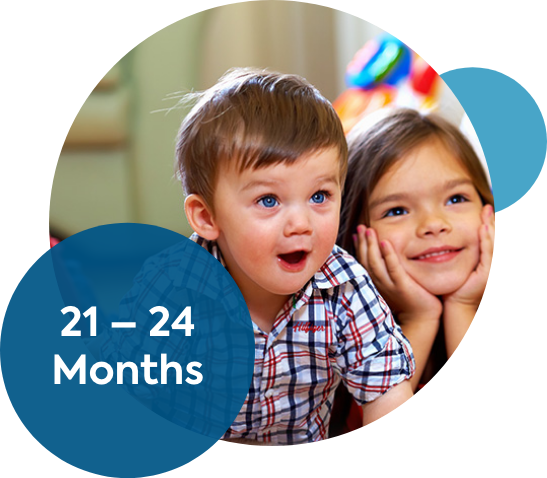
- Uses 2 to 3 words together, like “No, Mommy” or “More cookies”
- Uses and understands at least 50 words
- Feeds themselves with a spoon
- Shows affection to family members and pets
- Runs short distances without falling
- Pretends play with more than one step (Feed a doll, then pat and hug it)
- Shows lots of feelings (joy, anger, sadness)

- Throws a ball overhand
- Comforts another child who is crying
- Can walk on tiptoes
- Combines 2 ideas in a sentence (i.e. “I want an apple and a banana.”)
- Helps to clean up
- Asks for help when needed
- Combines 2 toys in pretend play (Uses a stuffed bear as the driver of a toy car)
- Uses at least 100 words
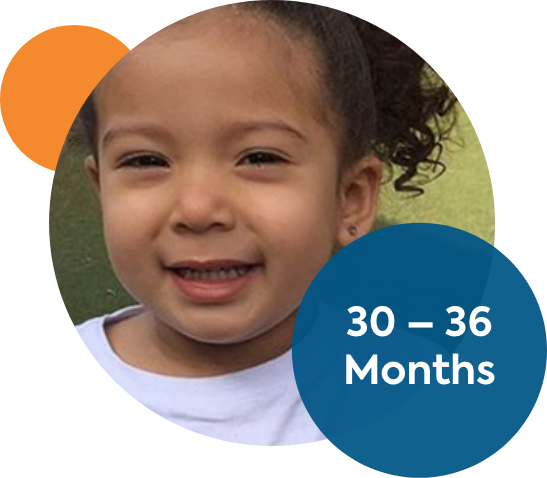

Testimonials

Testimonials
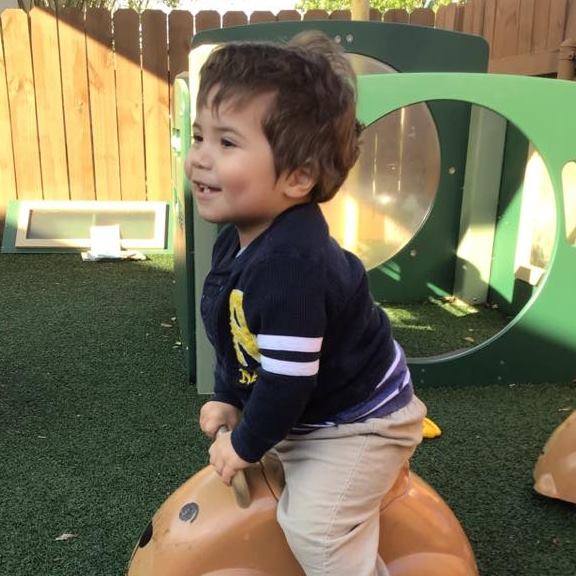
Testimonials
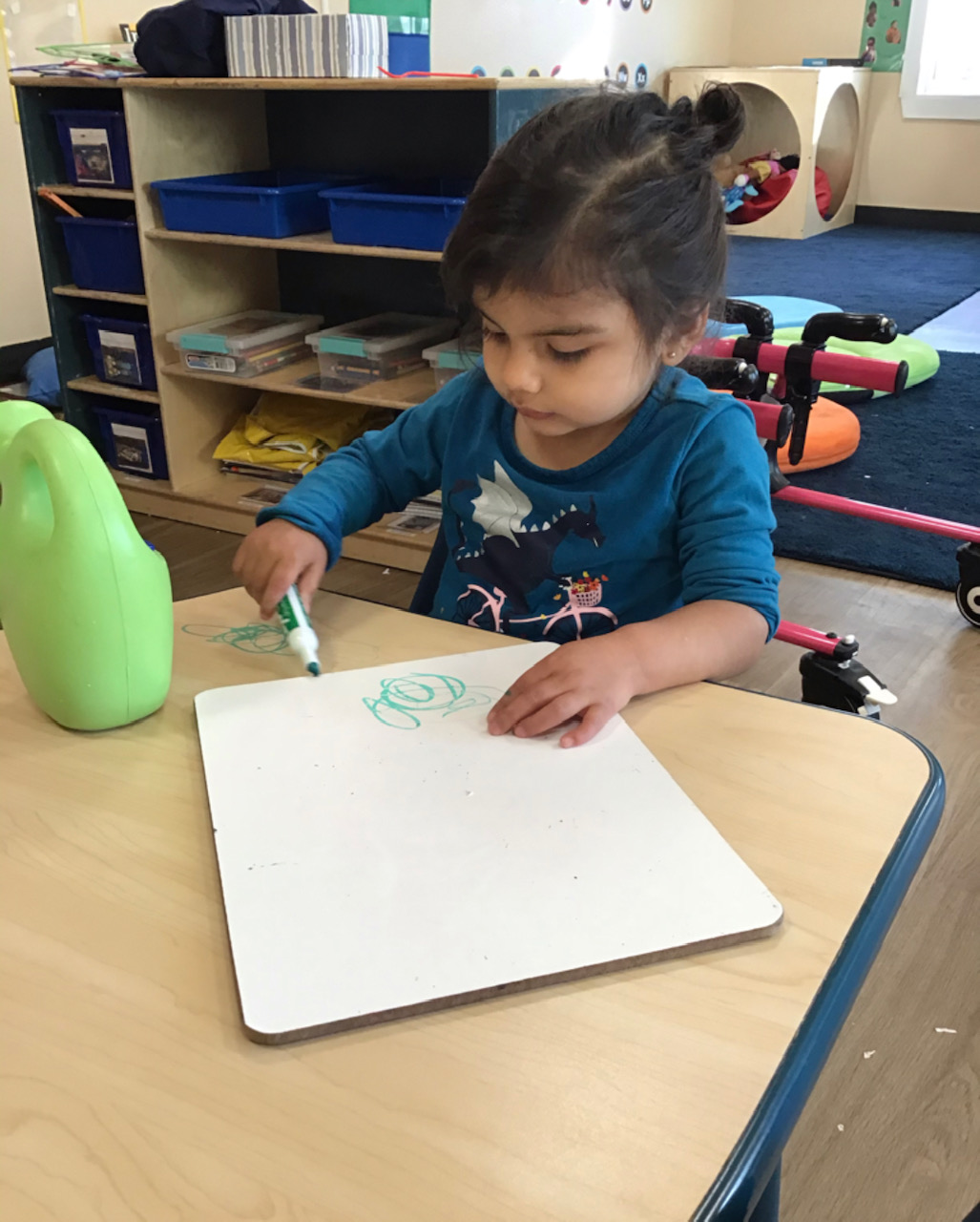
Testimonials
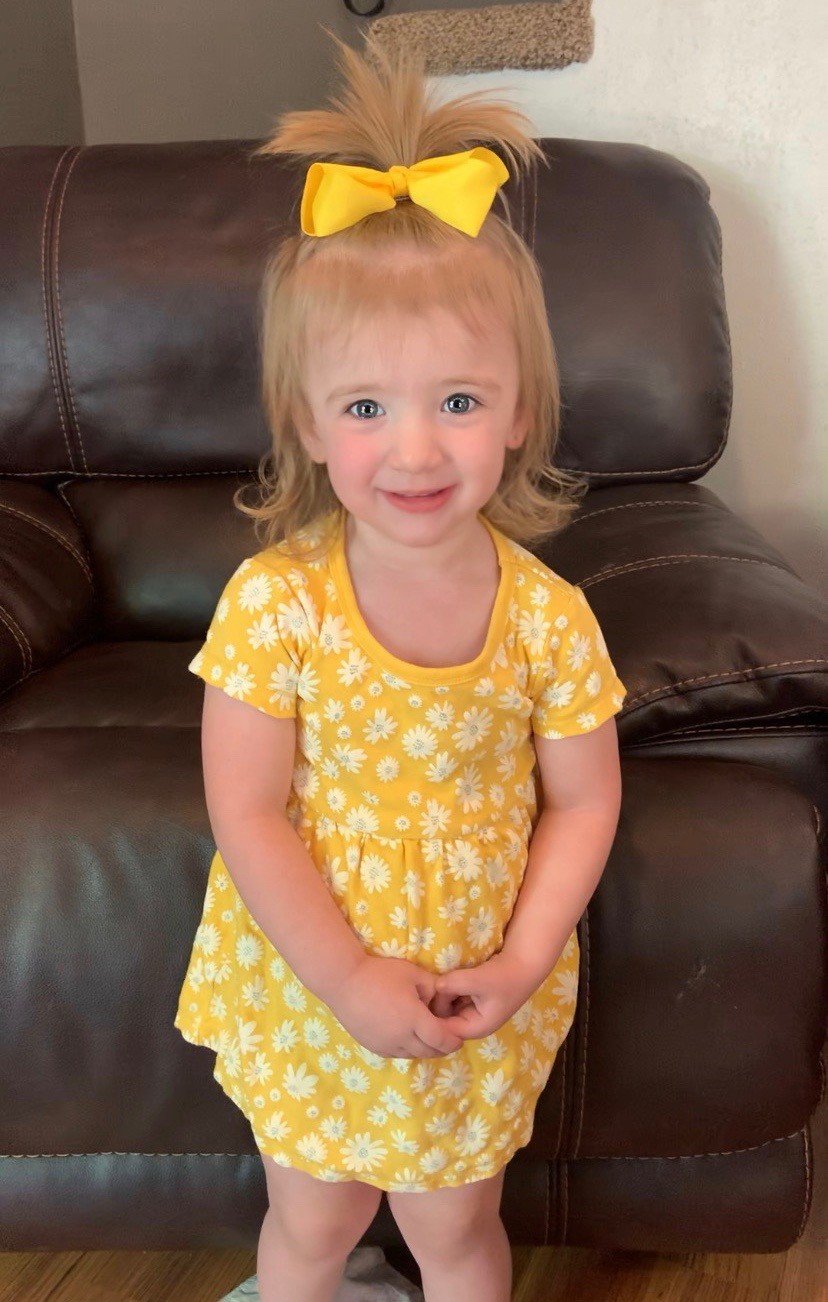
Testimonials
